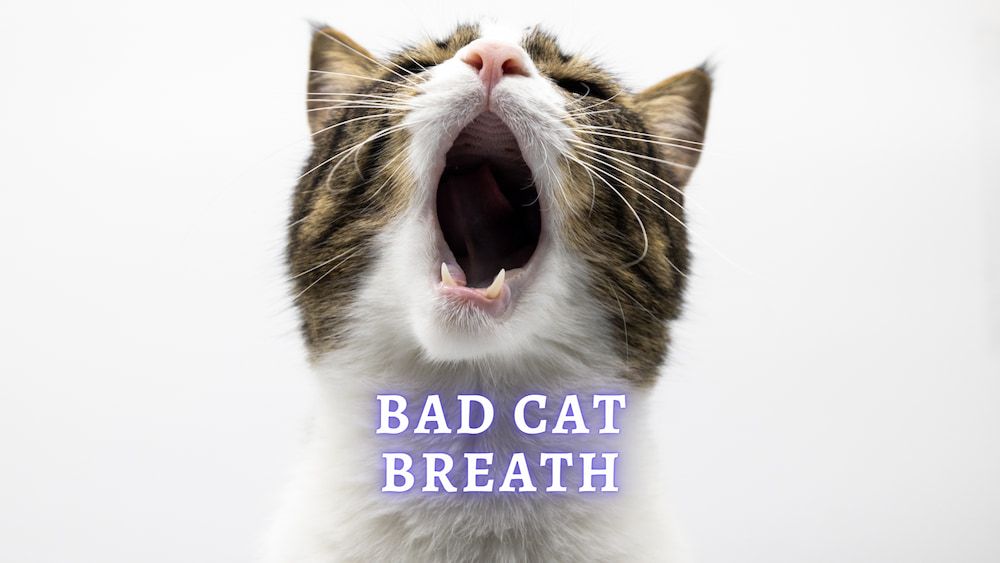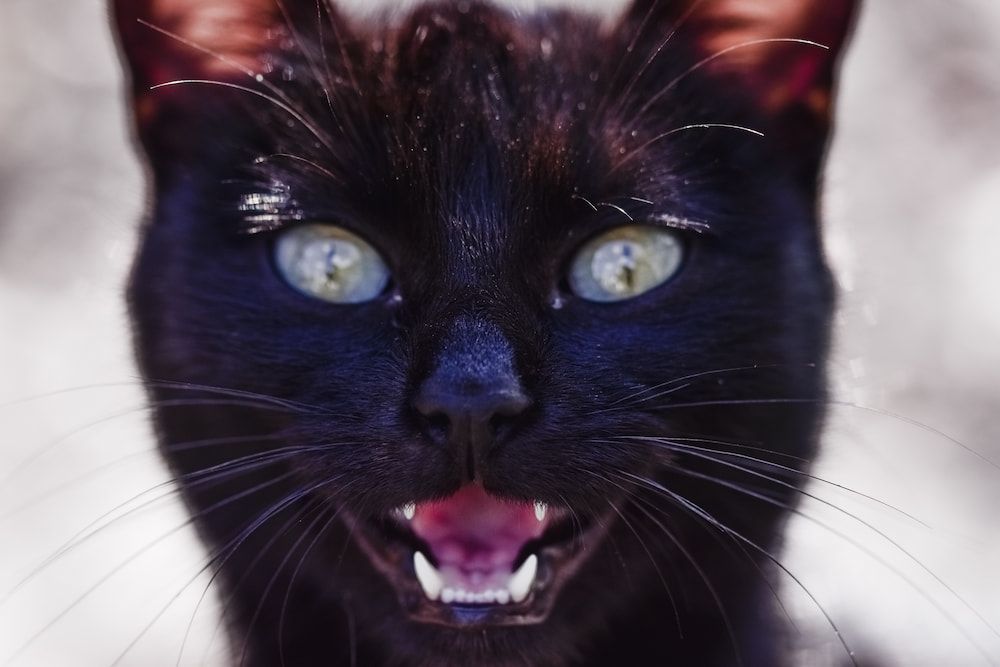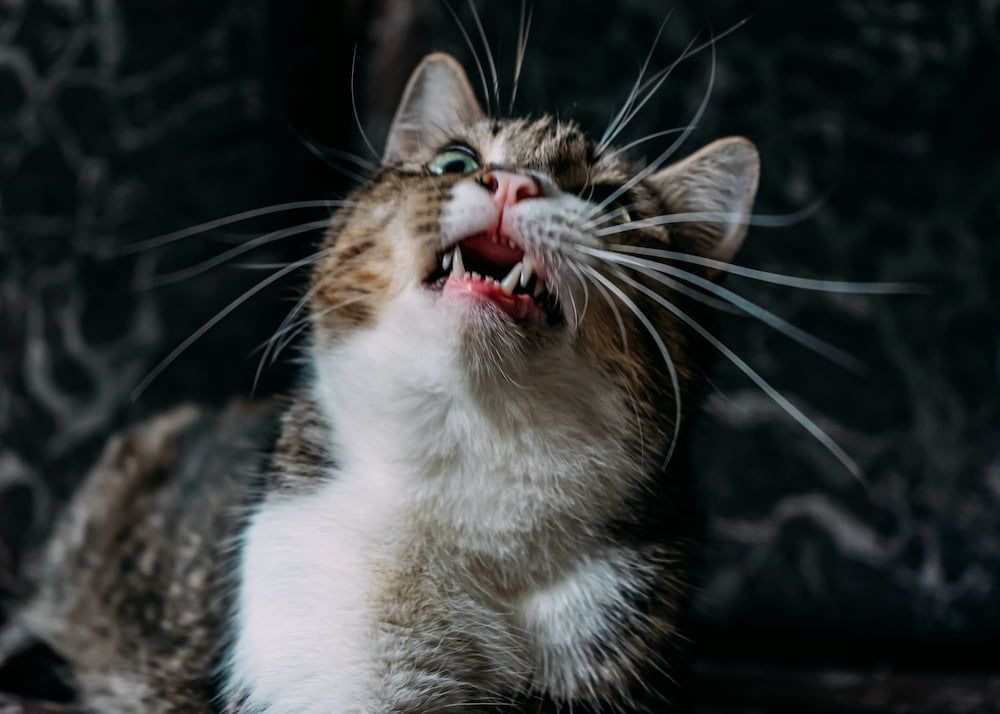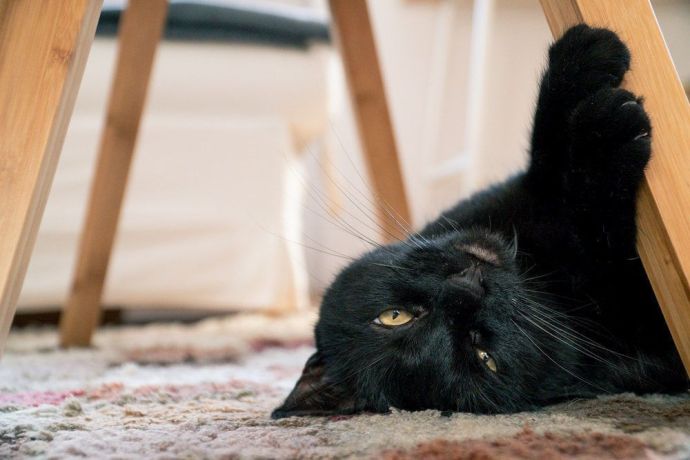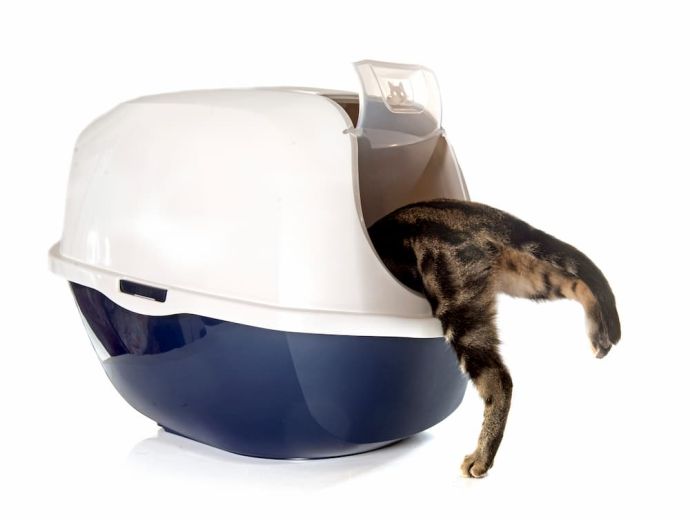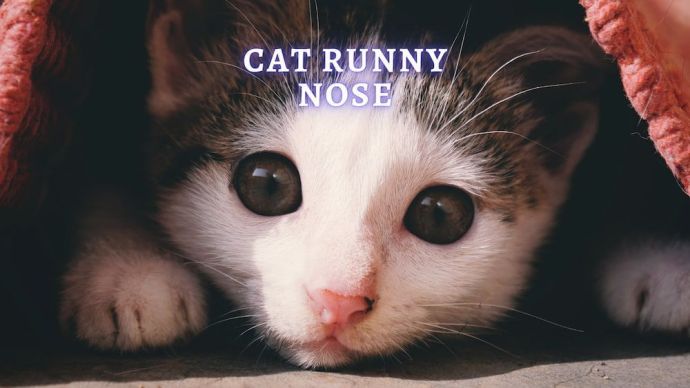Cat Bad Breath: Causes, Treatment, Prevention, and More
Written by:
Author: Elle Veranth
A copywriter for articles and blogs about pet care, food, beverage, and business. Has always had a passion for writing and editing, but began taking freelancing seriously fairly recently.
View all 29 articlesLearn about our editorial process and veterinary review board.
Viewed: 50
Updated on: 04/14/2023
One aspect of being a cat owner is ensuring your precious pet receives the best care possible. But what about oral care for cats? The oral health of some pets is often overlooked, which is unfortunate because it is an essential part of their overall health. You’ve come to the right place if you’ve noticed your pet’s breath smells unpleasant. Read on to learn what causes bad breath in cats and how to get rid of it.
What Should My Cat’s Breath Smell Like?
Ideally, a healthy cat’s breath should smell very neutral. [1] This means that there is no noticeable smell for the most part. Of course, your pet’s breath will smell immediately after they eat, but that is to be expected. If you begin to notice a persistent bad smell in your cat’s breath, it could indicate oral health issues or even some other ailment.
What Causes Cat Bad Breath?
Many causes are attributed to feline halitosis (the fancy way of saying “bad breath in cats”), which can range from minor to major. Perhaps the most common cause is plaque buildup on the teeth. This is caused by excess bacteria growth. When the bacteria continues to grow, it will eventually produce a bad smell. Your veterinarian may suggest teeth cleaning to remove the plaque.
If left untreated, plaque buildup can worsen, eventually leading to periodontal disease. This causes inflammation along the gum line and can be quite painful. This will also cause your pet’s breath to become more unpleasant-smelling. Addressing gum disease as soon as possible is important since it can eventually lead to other more serious health problems.
If your kitty has bad breath, it may be a symptom of something that is affecting a different part of its body. It could potentially be due to gut problems, liver disease, or kidney disease. Another possibility is diabetes. If your cat’s breath smells fruity, there is a high chance your pet could be diabetic. Oral cancer could be another culprit for bad breath in pets, so that is why it is important to stay up-to-date on regular vet visits.
READ MORE: Kitten Teeth Changes and Care (Vet Approved Advice)
Diagnosis
Your veterinarian can diagnose the root cause of your cat’s bad breath. This will usually begin with a complete oral exam of the pet. The vet will examine the teeth, gums, tongue, lips, and other mouth parts. Depending on the temperament of your pet, it may need to be sedated for this exam.
The vet may run blood and urine tests if there are no visible abnormalities in the mouth. [2] These tests will help determine if the bad breath is due to something that is liver or kidney related. An x-ray may also be taken to show if there is anything in the cat’s mouth that cannot be seen with the naked eye. This could include something that may be stuck between the pet’s teeth or something that may be beneath the gum line.
RELATED: Ask a Vet Question
Treatment
Once a diagnosis is made, your vet will be able to recommend proper treatment. This will depend on the severity of your cat’s bad breath and what is causing it. Regardless of what the treatment entails, the ultimate goal is the same – to minimize bad cat breath as much as possible.
The simplest form of treatment is to begin brushing your pet’s teeth. This will help prevent an overgrowth of plaque and tartar. Note that toothpaste meant for humans should NOT be used to brush a cat’s teeth. You will need to use a special toothpaste that is specifically for pets. A product as such is typically for sale in many pet supply stores and vet offices. Your vet can also offer some recommendations on which toothpaste to buy.
Your vet may also recommend scheduling professional teeth cleaning for your pet. The frequency will depend on how severe your cat’s oral health needs are. Once per year is considered to be the standard frequency. This will require your cat to be put under anesthesia so the vet can clean the teeth thoroughly.
If your pet’s bad breath is due to a more serious condition like oral cancer, kidney problems, or liver problems, your vet will consult with you to discuss the next steps to discover the best possible treatment plan.
Home Remedies
Thankfully, there are some home remedies that cat owners can try to keep bad breath at bay. Perhaps the most obvious one is to brush your pet’s teeth yourself. Doing this will require some patience since many pets do not like having their mouths touched. Start slowly, and do not force your cat. Building trust is important in this case!
Begin by using a cat toothbrush designed to slip over your finger. Use a little bit of cat toothpaste and see how your pet tolerates it. If that continues to go well, you can move on to using a regular pet toothbrush to brush their teeth more thoroughly. Try to do this once per week to start and then increase the frequency. Trying this when your cat is happy, and calm is also a good idea. [1] Don’t forget to praise your pet and use positive reinforcement, too!
Another home remedy you can try is giving your cat dental treats designed to have rough edges. These can potentially help scrape minor plaque buildup on cat’s teeth. Treats like these should be given no more than once per day. There is also the option to add a gel to your pet’s water or rub the gel on their teeth if they allow you to. The gel is meant to help reduce the amount of plaque and tartar on the teeth. [1]
Prevention
The best way to prevent your cat’s breath from smelling bad is to get into an oral health routine. If you adopt your pet as a kitten, introduce them to teeth brushings at a young age. That way, they will become used to it and not mind as much as they grow older. If your kitty is older, slowly introduce the oral care routine and give them time to acclimate. Eventually, it should grow on them. Your pet should also be taken to the vet for annual exams and get their teeth professionally cleaned at the vet whenever necessary.
Another way to help prevent bad breath is to feed your cat a high-quality diet. Your pet’s food should be as natural as possible. There should be no added sugar or unnecessary fillers. [1] Always make sure that your pet has plenty of water to drink as well. Not only will this keep them hydrated, but it will keep the mouth from drying out. Bacteria can grow rather quickly in a dry mouth. Feeding your pet wet food can also help alleviate a dry mouth.
People Also Ask:
How do you get rid of a cat’s bad breath?
There are a few ways to get rid of bad cat breath, but the best course of action is to take preventative measures. Feed them a high-quality diet, introduce an oral care routine, and keep them up-to-date on their veterinary and dental exams. This should be done as early as possible in your cat’s life.
Does wet cat food cause bad breath?
Everybody knows that wet cat food does not smell great. So, when your pet eats wet food, it is expected that its breath will not smell good immediately after. It is similar to when a human eats something that smells bad; their breath is not going to be pleasant afterward. However, if your cat’s bad breath is persistent, it could indicate a more serious problem.
Why does my cat’s breath smell like roadkill?
If your cat’s breath is foul-smelling, like roadkill, it could mean there is a health problem beyond the mouth. It could mean your cat may have liver or kidney problems. The only way to determine this is to have your vet run some blood and urine tests.
What does it mean when my cat’s breath smells like fish?
If your cat’s breath smells like fish, it could be because they just ate. However, if this fishy smell does not disappear, it could mean they must have their teeth brushed or cleaned. It is a good idea to keep track of when you brush your pet’s teeth so they can stay on a regular oral care routine schedule. If their bad breath is continuous, consider taking your cat to the vet for an exam.
Conclusion
Maintaining the oral health of your feline friend is extremely important. When your kitty has a healthy mouth and teeth, it can help prevent bad breath and other more serious health issues. It is something that is sometimes forgotten, but it shouldn’t be. Introduce your pet to an oral health routine today!
Article Sources:
- Hollinger, Hannah. “Bad Breath in Cats.” Wag!. 16 August 2016, https://wagwalking.com/cat/condition/bad-breath.
- Kerns, Ben. “Cat Have Bad Breath? Here are Common Causes and Helpful Remedies.” The Honest Kitchen. 28 September 2021, https://www.thehonestkitchen.com/blogs/pet-wellness/tips-to-help-handle-your-cats-stinky-breath
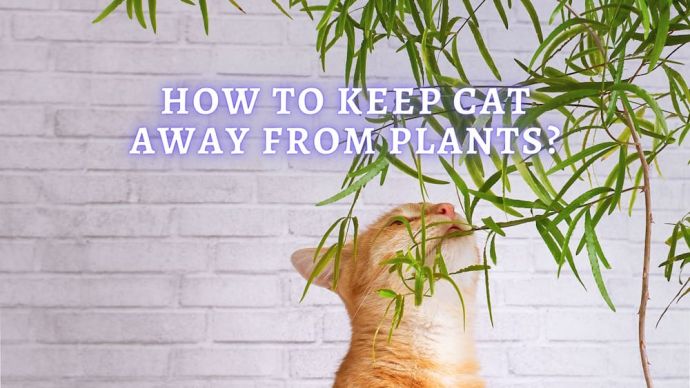 Cat Care How to Keep Cats out of Plants? How to Get Your Cat to Not Eat Plants?
Cat Care How to Keep Cats out of Plants? How to Get Your Cat to Not Eat Plants? - 403
- 0
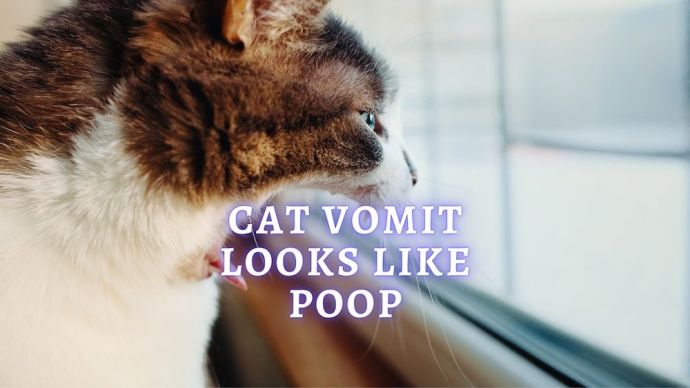 Cat Care Cat Vomit Looks Like Poop: What does your cat’s vomit say about their health?
Cat Care Cat Vomit Looks Like Poop: What does your cat’s vomit say about their health? - 2722
- 0
 Cat Care Why Does My Cat Attack My Legs? 10 Reasons Why and What To Do About It (Vet-Approved Advice)
Cat Care Why Does My Cat Attack My Legs? 10 Reasons Why and What To Do About It (Vet-Approved Advice) - 45108
- 21
 Cat Veterinary Tips Cat Stomach Gurgling: Vet Advice on Why is Your Cat Stomach Gurgling?
Cat Veterinary Tips Cat Stomach Gurgling: Vet Advice on Why is Your Cat Stomach Gurgling? - 33760
- 4
 Cat Veterinary Tips My Cat Lost its Voice: Can Cats get Laryngitis? (Vet Advice)
Cat Veterinary Tips My Cat Lost its Voice: Can Cats get Laryngitis? (Vet Advice) - 22898
- 13









